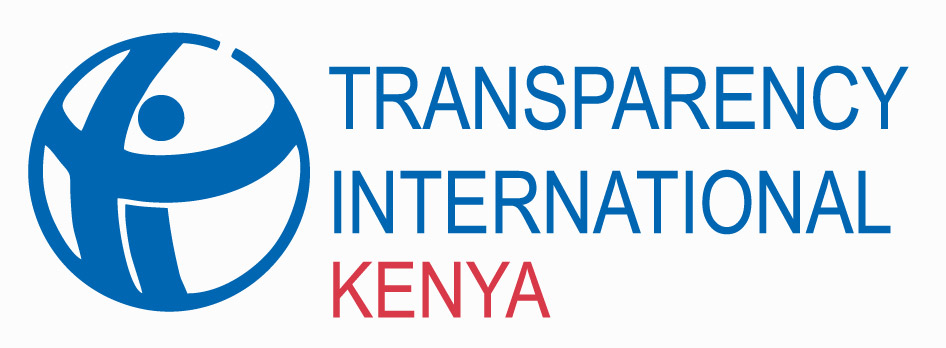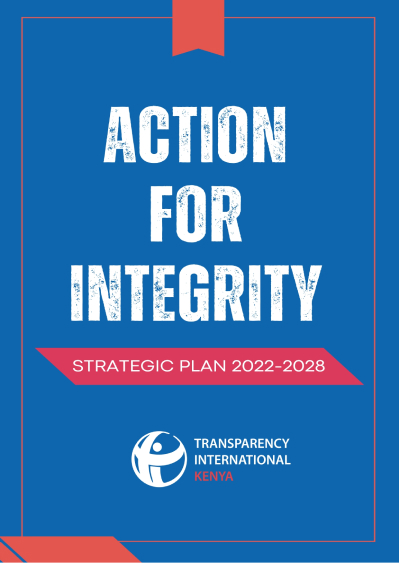By JACQUELINE WAHOME
The first rule we learn in land and contract law is that he who has no title cannot sell. But then there is another rule that renders the first completely redundant: the bona fide purchaser for value without notice. Just to dilute the legalese, I will explain these two concepts.
The first law states that the right to sell any property, movable or immovable, is vested only in the person who holds valid title to the said property. It is for this reason that sale agreements are usually accompanied by transfer documents, which include the seller’s title/ log book; the seller’s national identity card/ passport and the KRA PIN for tax purposes.
The second law is a creature of common law. Bona fide is Latin for “good faith”. Translated, therefore, the second law means that any person who purchases property in good faith without having received notice of any defect in the title, enjoys the full rights of ownership once transferred. Defect in this case may refer to things such as: encumbrances such as a charge over the property; vested interests in the property for example by a spouse; the property may be the subject of an ongoing legal dispute; or the seller acquired the title fraudulently.
There are some exceptions to this rule, thankfully, but it has been massively abused in the Kenyan context, and especially in matters pertaining to land. It is this aspect that I wish to examine further in this article.
“… sale agreements are usually accompanied by transfer documents, which include the seller’s title/ log book; the seller’s national identity card/ passport and the KRA PIN for tax purposes. “
A quick visit to the lands registry at the High Court, or a search on www.kenyalaw.org – the digital repository for all things legal in Kenya, reveals that many people rely on the bona fide rule when purchasing land. The National Lands Commission (NLC), was recently on the spot over the approval of Sh843 million compensation to Africa Gas for land acquired for the Standard Gauge Railway (SGR) project, whereas the ownership of the parcels was under contention.
The background was that some land had allegedly been hived off irregularly from the Moi International Airport and transferred to the Gas Company Ltd (GCL) on October 2, 1996. The defunct Kenya Anti-Corruption Commission (KACA) actually conducted investigations into the matter, which culminated in nine suspects being charged in court in 2010 over the illegal transfer and acquisition of the land.
By way of a Gazette notice dated July 17, 2017, the NLC resolved that the land was legally owned by the company, without having granted the Kenya Airports Authority (KAA) the right to be heard. Despite the DPP’s request to have the titles revoked, the NLC upheld them. The justification was that the new owners, East Africa Gas Company Ltd, acquired the said parcels of land lawfully from GCL and thus deemed a bona fide purchaser for value without notice of defect in title.
Would it therefore be correct to say that the law is an enemy of justice? On the one hand is the deprived land owner who lost his land by one way or the other, and on the other is the new property owner who cannot have quite enjoyment of his property, often with an unscrupulous broker or land grabber in the middle. To whom, therefore, should justice be served? Additionally, should the bona fide purchaser be protected under law, or is the rule simply in place to protect the unscrupulous?
(The writer is an officer at ALAC Nairobi. alacnairobi@tikenya.org)

